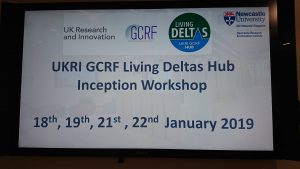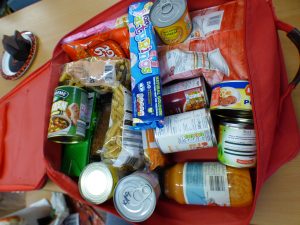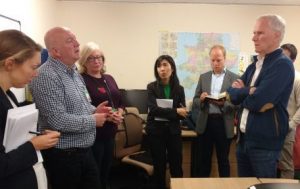Sustaining visitor (re)use of oral histories on heritage sites: The National Trust’s Seaton Delaval Hall AS A case study.
Oral history’s popularity as an active collecting method and archiving tool have outstripped the level of reuse of oral histories in historical interpretation. And while oral history’s limited reuse of archived oral histories has attracted some interest, this is based mainly on proposed digital technical fixes. Significantly, there is relatively less research on the dissemination of oral histories and their reception by audiences. Oral history as an emerging discipline has yet to adequately integrate users and audiences into the processes of analysis and reuse.
Continue reading
 nd collaborative partners in history and oral history that will explore popular memories of environmental change across three of the world’s major delta regions. Here Graham reflects on just why the project is so exciting.
nd collaborative partners in history and oral history that will explore popular memories of environmental change across three of the world’s major delta regions. Here Graham reflects on just why the project is so exciting. 
